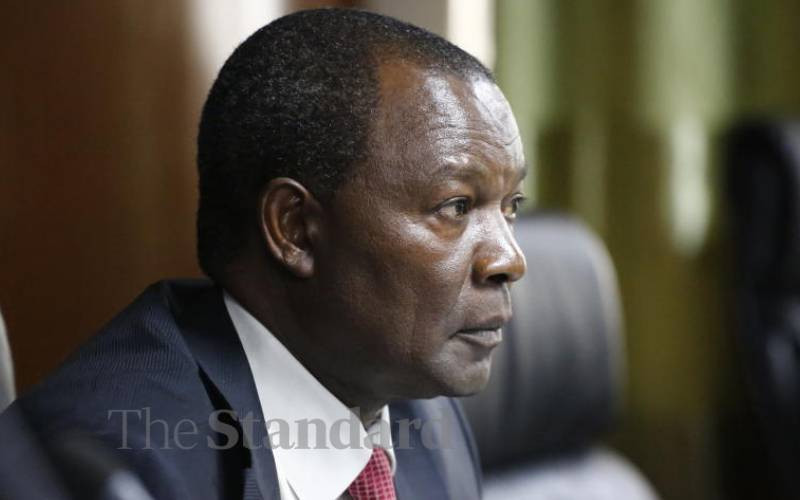×
The Standard e-Paper
Fearless, Trusted News

For citizens not trained in finance like myself, the Finance Bill 2023 that the Kenya Kwanza government has put out calling for public participation comes across as a technical document for the finance elite. There is nothing wrong with the content in the document.
Like many other Kenyans, the financial language therein makes me realise how little I know about the budget-making process which, paradoxically, I am constitutionally entitled to actively participate in.